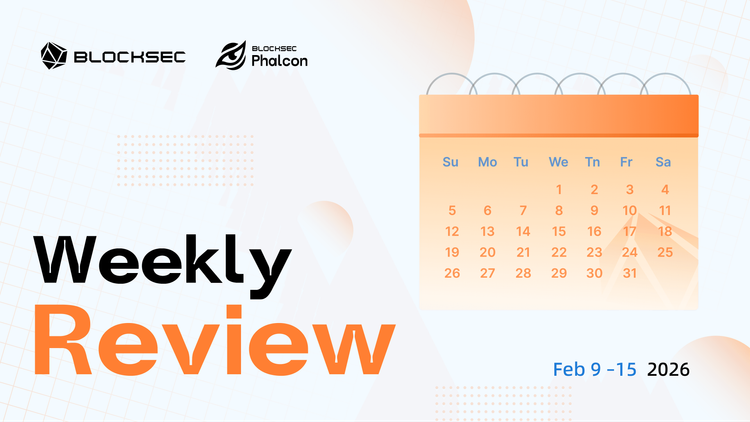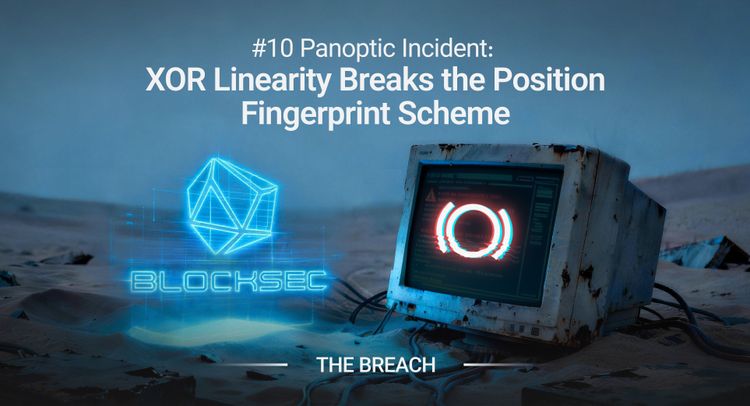Balancing Security and Convenience
In the realm of ERC20 tokens, the concept of unlimited approval introduces a nuanced equilibrium between security and convenience. The unrestricted authorization for ERC20 tokens allows users to execute transactions without the need for repeated permission, thereby streamlining the process. However, this seemingly seamless convenience also raises concerns about potential vulnerabilities and security risks associated with infinite approval for ERC20 tokens. As such, striking a balance between ensuring robust security measures and providing user-friendly convenience becomes a pivotal consideration for platforms utilizing unlimited permission for ERC20 tokens.
Security Risks
Smart Contract Vulnerabilities
Smart contracts, integral to the functionality of ERC20 tokens, are not immune to vulnerabilities. Due to their automated and self-executing nature, smart contracts can be susceptible to exploitation and unauthorized access. These vulnerabilities pose a significant risk as they can potentially lead to the loss of funds for token holders and users. The decentralized nature of blockchain technology, while offering numerous advantages, also introduces unique challenges in ensuring the security and integrity of smart contracts.
Hacking and Phishing Threats
In the context of ERC20 tokens with unlimited approval, hacking and phishing threats loom large as potential risks. Unlimited approval creates an avenue for malicious entities to exploit vulnerabilities in the system, allowing them to execute unauthorized transactions and steal funds from unsuspecting users. These threats can significantly undermine the trust and confidence in the security of ERC20 tokens, necessitating robust measures to mitigate these risks effectively.
Blockchain Security Expert: "The susceptibility of smart contracts to exploitation underscores the critical need for comprehensive measures to ensure blockchain contract protection and secure blockchain agreements."
This section uses a blockquote from a blockchain security expert to emphasize the importance of addressing vulnerabilities in smart contracts.
Convenience Considerations
Streamlined Transactions
The implementation of unlimited approval in ERC20 tokens brings forth the advantage of streamlined transactions, offering a seamless and efficient process for token transfers. By eliminating the necessity for repeated authorization, users experience a more streamlined and effortless transaction flow, enhancing overall convenience. This streamlined approach not only simplifies the process for existing users but also has the potential to attract new participants to the platform due to its user-friendly nature.
User Experience Enhancement
Unlimited approval significantly enhances the user experience by reducing transaction friction and simplifying the overall interaction with ERC20 tokens. The reduction in barriers to token transfers fosters an environment where users can engage with the platform more easily, thereby contributing to a more user-friendly and accessible ecosystem. The enhanced user experience resulting from unlimited approval aligns with the broader objective of making blockchain-based transactions more intuitive and convenient for all participants.
Blockchain Platform Developer: "Unlimited approval streamlines token transactions, providing an effortless experience that can broaden the platform's appeal to a wider audience."
This section uses a blockquote from a blockchain platform developer to highlight how unlimited approval enhances user experience and broadens platform appeal.
Exploring DeFi Risks
Liquidity Pool Vulnerabilities
Unlimited approval in ERC20 tokens introduces potential risks to liquidity pools within the decentralized finance (DeFi) landscape. Liquidity pools play a crucial role in facilitating various DeFi activities, such as lending, borrowing, and trading. However, the implementation of unlimited approval can lead to vulnerabilities within these pools. The unrestricted nature of token transactions may inadvertently expose the liquidity pools to increased instances of unauthorized or fraudulent activities, potentially undermining the stability and integrity of the DeFi ecosystem.
Regulatory and Compliance Challenges
The utilization of unlimited approval in ERC20 tokens presents notable regulatory and compliance challenges within the realm of decentralized finance. Regulatory concerns arise due to the inherent risks associated with unlimited authorization, especially concerning anti-money laundering (AML) and know your customer (KYC) regulations. The absence of stringent permission controls may conflict with regulatory requirements aimed at ensuring transparency and accountability within financial systems. Consequently, compliance challenges stemming from unlimited approval could necessitate comprehensive measures to align with evolving regulatory frameworks governing DeFi platforms.
Achieving Security and Convenience
Risk Mitigation Strategies
In the pursuit of balancing security and convenience in ERC20 tokens with unlimited approval, the implementation of robust risk mitigation strategies is essential. By harmonizing protection and ease, platforms can uphold secure and effortless token transactions while prioritizing user safety.
Implementing strict access controls serves as a fundamental pillar in mitigating the security risks associated with unlimited approval. By imposing stringent permission mechanisms, platforms can bolster the safeguarding of token transactions, reducing the likelihood of unauthorized access and fraudulent activities. This proactive approach not only enhances the overall security posture but also instills confidence among users regarding the integrity of their transactions.
Furthermore, regular security audits and continuous monitoring play a pivotal role in identifying and addressing vulnerabilities in ERC20 tokens. The proactive nature of these measures enables platforms to stay vigilant against emerging threats and potential exploits, thereby fortifying the protective layers around token transactions. Through consistent scrutiny and timely interventions, platforms can proactively uphold a secure environment for executing token transfers.
User Education and Awareness
Elevating user education about the risks associated with unlimited approval is paramount in enhancing security within the decentralized finance space. By fostering awareness about best practices and potential vulnerabilities, platforms can empower users to make informed decisions regarding token permissions. This educational initiative not only cultivates a culture of vigilance among users but also equips them with the knowledge to navigate the intricacies of unlimited approval effectively.
Increasing awareness about best practices further contributes to enriching user understanding of the nuances involved in securing their transactions within DeFi ecosystems. Platforms can facilitate educational resources that elucidate the significance of secure practices while navigating unlimited approval scenarios, thereby fostering an environment where users are equipped to proactively contribute to their own security.
The Tradeoff Dilemma: Unlimited Approval in ERC20
As the adoption of ERC20 tokens with unlimited approval continues to evolve, the tradeoff between convenience and security emerges as a pivotal consideration for sustainable growth and widespread acceptance. Striking a delicate balance between these two essential aspects is instrumental in shaping the future landscape of token transactions within the blockchain ecosystem.
In navigating the tradeoff dilemma, platforms must meticulously evaluate the implications of unrestricted authorization in ERC20 tokens. The seamless convenience offered by infinite approval must be weighed against the potential security risks inherent in such an approach. This evaluation process necessitates a comprehensive investigation into the nuances of unlimited permission for ERC20 tokens, encompassing both its advantages and vulnerabilities.




